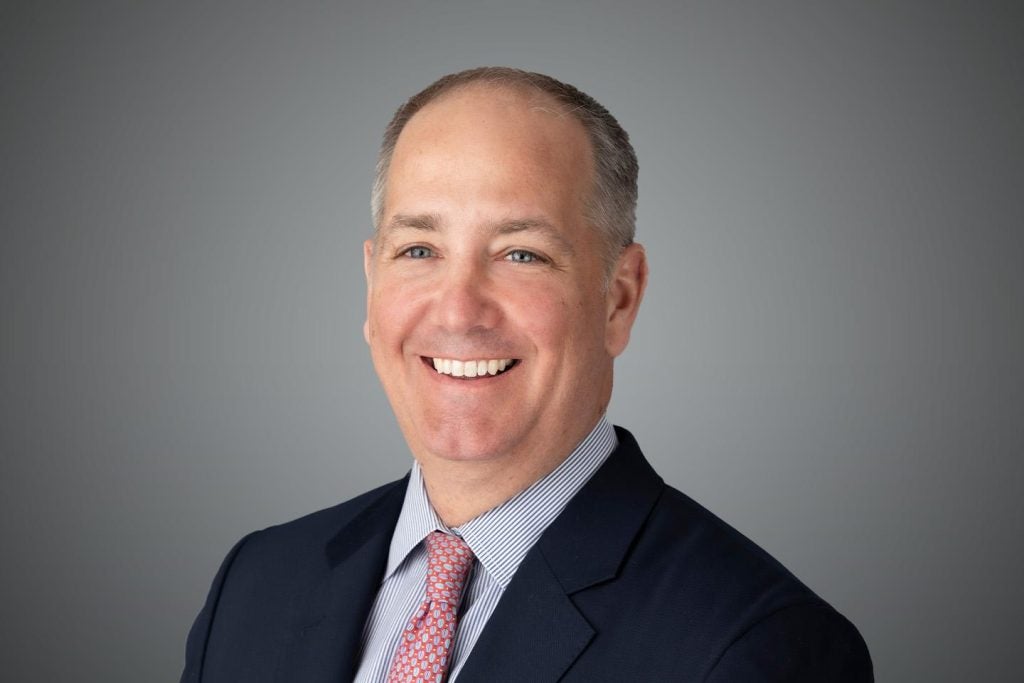Banking still dominates the headlines for the wrong
reasons. Government bail-outs and tax-hungry treasuries are leading
regulators to crack down on fraud and money laundering. Farah
Halime reports that the future of tackling corruption in the
banking industry is in question.
It is like looking for the fly on
the elephant, not the elephant,” says David Hughes. Hughes is head
of banking and litigation at law firm Berwin Leighton Paisner and
as he sees it the fly is the money being laundered and the elephant
is the criminal.
Processes are adopted to catch the
flies, but are they addressing the true problem of the elephant, or
the criminals themselves?
The elusive nature of money
laundering and corruption makes it difficult to accurately
calculate the cost of financial crime on the global economy. A 1996
estimate from the International Monetary Fund put the aggregate
size of money laundered in the world at between 2% and 5% of global
GDP.
The Financial Action Task Force is
the main body charged with combating money laundering and terrorist
financing in the world and represents 36 member countries. It says
these percentages indicate that money laundering ranged between
$590bn and $1.5trn annually.
How well do you really know your competitors?
Access the most comprehensive Company Profiles on the market, powered by GlobalData. Save hours of research. Gain competitive edge.

Thank you!
Your download email will arrive shortly
Not ready to buy yet? Download a free sample
We are confident about the unique quality of our Company Profiles. However, we want you to make the most beneficial decision for your business, so we offer a free sample that you can download by submitting the below form
By GlobalData
Falling foul of the
law
Banks’ money laundering systems are
under the microscope. HSBC has been ordered to overhaul internal
controls by US regulators.
An investigation found the bank’s
ineffective compliance programme created “a significant potential
for unreported money laundering or terrorist financing”, said US
financial regulator the Office of the Comptroller of the
Currency.
The findings include a failure of
the North American division of the bank to adequately monitor and
report suspicious activity of bulk cash purchases and international
fund transfers.
The UK Financial Services Authority
(FSA) fined Royal Bank of Scotland (RBS)
£5.6m ($8.9m) in August for failing to prevent its banks –
including its private banking arm Coutts – from being used for
money laundering or the financing of terrorist activities.
It is the largest ever fine levied
by the regulator under its powers to clamp down on financial crime
but still a drop in the ocean compared to the total amount it
spends on enforcement and financial crime.
UK regulator spends £100m
on enforcement
Between 2009 and 2010, the FSA
revealed it spent £68.4m on financial crime and enforcement –
although it did not report separate figures for each.
An RBS Coutts spokesperson says a
series of systems are being put into place to identify abnormal
activity in an account. The Avaloq IT system for example, a wealth
platform believed to be worth up to £100m, will give the bank a
better overall view of the client, the bank says.
RBS Coutts also intends to
introduce a debit card profiling system specifically tailored to
the transaction behaviour of private banking clients and uses past
patterns of activity to identify suspect transactions.
“The dilemma is often that the
tighter you make the rules the more false positives there are,” the
RBS Coutts spokesperson says.
False positives are items initially
flagged as a problem which later turn out not to be. These are
often incorrectly read as illegal transactions. With a system
focused just on private banking, the bank says it can ensure its
expected profiles match normal client behaviour and therefore
reduce false positives and reduce risk.
UBS questions risk-based
approach
The risk-based approach (RBA) is a
management tool used by the FSA and the firms it regulates, for
developing and managing a financial institution’s systems and
controls and a by-product of the need for increased compliance in
the banking sector.
Rachel Hunt, EMEA banking research
director at financial services vendor IDC Financial Insights, says
RBA is favoured by the very top banks in the industry. But Peter
Haener, executive director of monitoring and surveillance at UBS,
is apprehensive.
“It is not a valid approach,” he
says.
Haener says the RBA approach is
limited as it focuses on only the big banks that pay at least
£10,000. However, the RBA approach may be justified in targeting
large banks, where the capacity for fraud or money laundering is
most likely, and the sums involved are the highest.
Another point of contention is
whether banks comply with government regulation to detect financial
crime or just to prevent fines that are given by consequence of
non-compliance. Ian Horobin, founder of financial crime consultancy
Omnicision, says a bank’s reputation for dealing with financial
crime is key to successful compliance.
“The core is to know your
customers, and compliance is a different question. Reputational
risk is a much higher agenda [for banks],” Horobin says.
UBS’s brand, for example, has
suffered the effects of its high-profile legal wrangles and debt
repayment. According to Interbrand’s top 100 global brands survey,
the UBS brand value has fallen 13% from a year ago, ranking the
bank in 86th place.
No money-laundering ‘silver
bullet’
‘Know Your Customer’ (KYC) is an
essential part of this and includes the screening of customers to
draw out those that could potentially carry out illegal
transactions. An FSA spokesperson who deals with financial crime
says reputation, not the fine paid, is a clear incentive for banks
to manage and attempt to prevent financial crime.
“If firms are being used for
financial crime, it is not good for their integrity or reputation.
Banks have their own reasons and want to have a reputation of doing
business in a clean way,” the spokesperson says.
The first defence against money
laundering is often KYC, but for institutions withms of customers
and thousands of customer-contact employees, traditional ways of
knowing their customers has to be supplemented by technology.
“There is no silver bullet,” says
Horobin. “It is impossible to stop anything, but you can minimise
the risk.”
Horobin denies banks and financial
institutions are playing catch up with organised crime, but
acknowledged it has evolved over the years, making it harder to
detect and manage. In the future compliance will become an inherent
investment rather than a tactical choice.
“Two things are certain: death and tax; a third is compliance,”
Hunt says.







